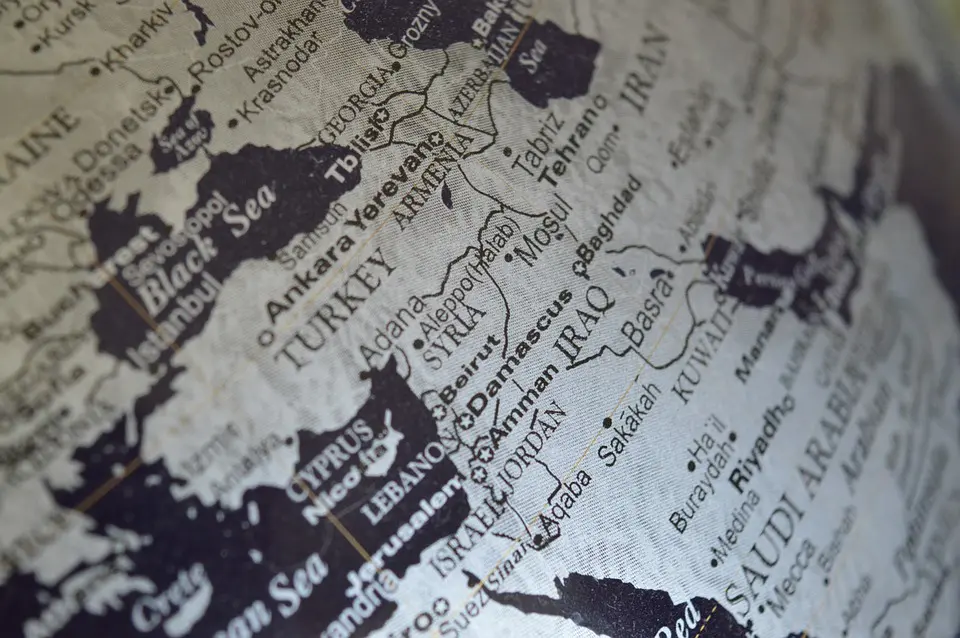No one could have anticipated that a simple man from Sidi Bouzid, Tunisia could trigger a cascading change in the Arab world. The self-immolation of Mohamed Bouaziz has done just that. The Arab Spring is the most important event since Arabic countries gained independence.
Old and young, men and women, employed and unemployed, seculars and Islamists have taken to the streets. For now, the hearts and minds of protesters are bent on a single goal—getting rid of the dictator. But years of economic mismanagement and political oppression have left the region in a state of ossified decay. On almost all fronts, the Arab world has stagnated, if not regressed. While countries such as South Korea and Brazil have made significant economic and political progress, Arab leaders continued to neglect the needs and wishes of their societies. The challenges facing the region include poverty, unemployment, food and health insecurity, lack of political and social freedoms, and the oppression of women empowerment. These dismal socio-economic conditions, combined with a youth bulge and the spread of the Internet, generated an explosive mix. It was just a matter of time before a spark ignited a revolt.
Foreign Policy in Focus
Please read the full article at:
www.fpif.org/articles/where_is_the_arab_voltaire
Photo credit: Internet Archive Book Images via Foter.com / No known copyright restrictions




